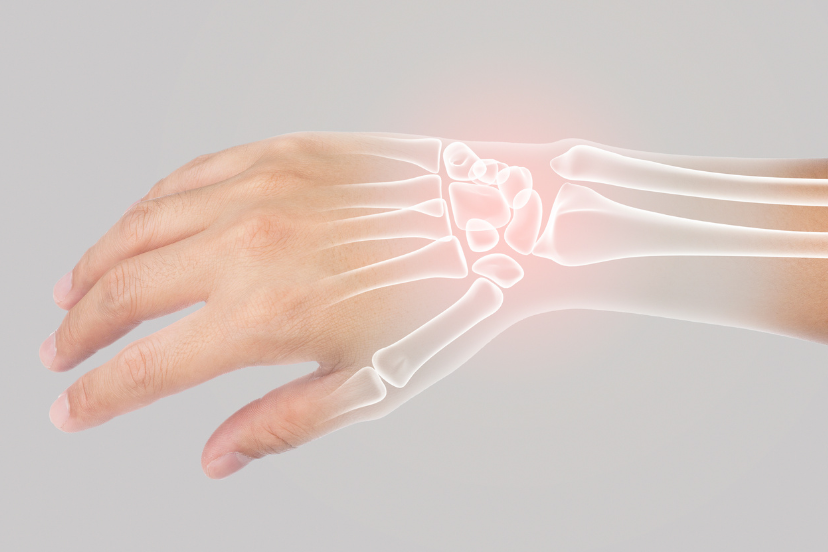Delving into Osteoporosis and Bone Density Loss
Introduction
In this comprehensive guide, we delve into the intricate details of osteoporosis and bone density loss. From its impact on daily life to preventive measures and treatment options, this article aims to equip you with the knowledge needed to safeguard your skeletal health.
What is Osteoporosis and Bone Density Loss?
Osteoporosis and bone density loss refer to the gradual weakening of bones, making them more prone to fractures. It occurs when the body loses too much bone or makes too little bone, or both.
The Causes
Understanding the underlying causes of osteoporosis and bone density loss can help in prevention and treatment.
Age and Bone Health
As we age, our bones naturally become less dense, increasing the risk of osteoporosis and bone density loss.
Hormonal Changes
Fluctuations in hormone levels, such as during menopause or in thyroid disorders, can contribute to bone density loss.
Nutritional Deficiencies
A lack of calcium, vitamin D, and other nutrients crucial for bone health can accelerate bone density loss.
The Symptoms
Detecting osteoporosis early is key to managing its progression and preventing fractures.
Bone Fractures
Fractures, especially in the spine, hips, or wrists, may occur more easily with osteoporosis and bone density loss.
Loss of Height
Compression fractures in the spine can lead to a noticeable decrease in height over time.
Back Pain
Pain in the back, caused by fractured or collapsed vertebrae, is a common symptom of osteoporosis.
The Diagnosis
Early diagnosis through screenings can help in managing osteoporosis effectively.
Bone Density Tests
Dual-energy X-ray absorptiometry (DXA or DEXA) scans are used to measure bone density and diagnose osteoporosis.
Medical History and Physical Examination
A comprehensive medical history and physical examination help in assessing the risk factors and symptoms of osteoporosis.
Laboratory Tests
Blood and urine tests may be conducted to identify underlying conditions contributing to bone density loss.
How to Prevent
Lifestyle modifications and preventive measures play a crucial role in maintaining bone health.
Dietary Recommendations
A diet rich in calcium, vitamin D, and other essential nutrients supports bone strength and density.
Regular Exercise
Weight-bearing exercises and resistance training help in building and maintaining bone density.
Avoiding Smoking and Excessive Alcohol
Smoking and heavy alcohol consumption can accelerate bone density loss and increase the risk of fractures.
The Treatment
Several treatment options are available to manage osteoporosis and minimize its impact on bone health.
Medications
Prescription medications, such as bisphosphonates or hormone therapy, are prescribed to slow bone density loss and reduce fracture risk.
Lifestyle Adjustments
In addition to medications, adopting a healthy lifestyle, including adequate nutrition and regular exercise, is essential for managing osteoporosis.
Monitoring and Follow-up
Regular follow-up appointments and monitoring bone density help in evaluating the effectiveness of treatment.
FAQs:
Here are some frequently asked questions
- What are the risk factors for osteoporosis and bone density loss? Risk factors include age, gender (women are more susceptible), family history, and certain medical conditions.
- How can I prevent osteoporosis and bone density loss? You can prevent it by ensuring adequate calcium and vitamin D intake, regular exercise, avoiding smoking, and limiting alcohol consumption.
- What are the complications of untreated osteoporosis? Untreated osteoporosis can lead to severe bone fractures, chronic pain, and a significant impact on quality of life.
- Can men develop osteoporosis too? Yes, although less common, men can also develop osteoporosis, especially with age or certain medical conditions.
- What role does genetics play in osteoporosis? Family history of osteoporosis can increase your risk, highlighting the genetic component of bone health.
- Are there natural remedies for osteoporosis? While lifestyle changes like diet and exercise are important, natural remedies alone are not sufficient to treat osteoporosis.
Conclusion
In conclusion, understanding osteoporosis and bone density loss is crucial for maintaining skeletal health throughout life. By adopting preventive measures, seeking early diagnosis, and adhering to treatment plans, individuals can effectively manage osteoporosis and minimize its impact on daily life.
This article aims to empower readers with comprehensive insights into osteoporosis and bone density loss, ensuring proactive management and enhanced quality of life.
Feel free to let me know if there are any adjustments you’d like to make!




